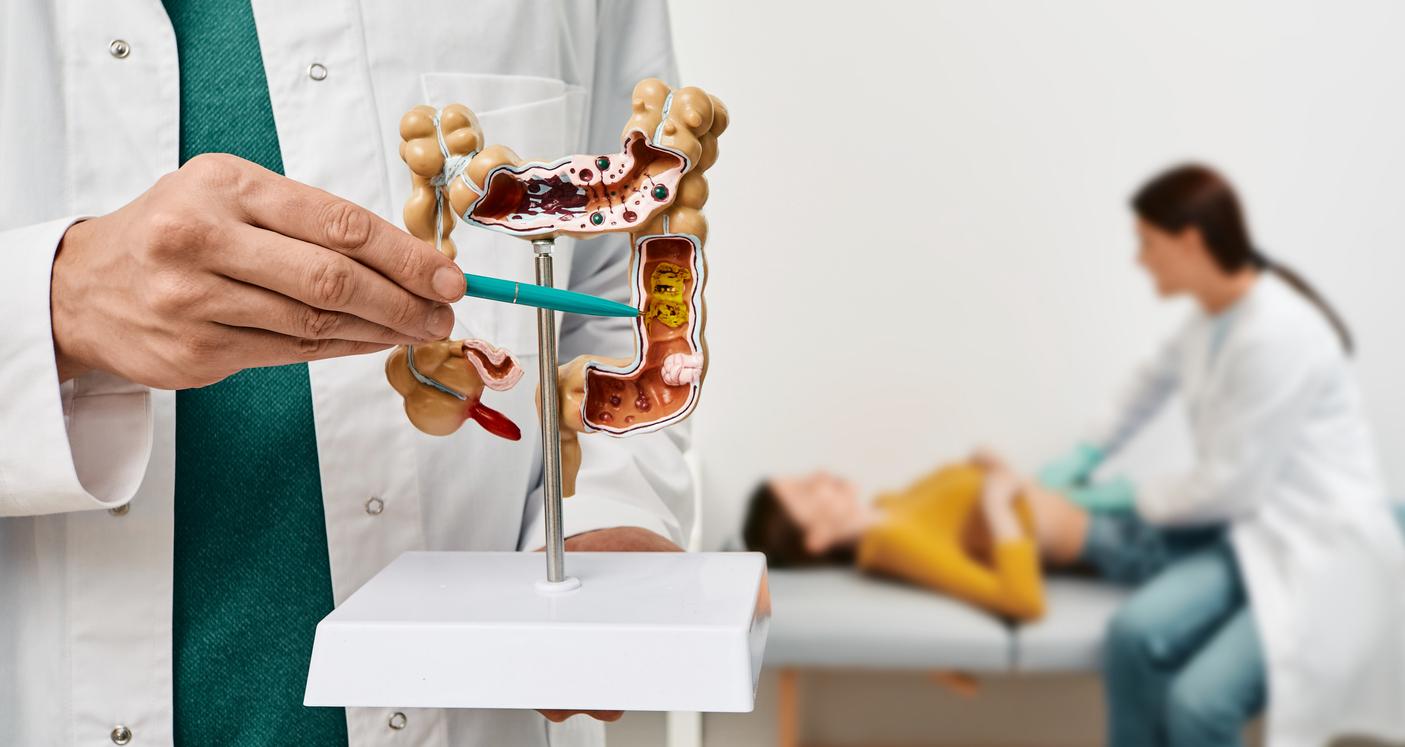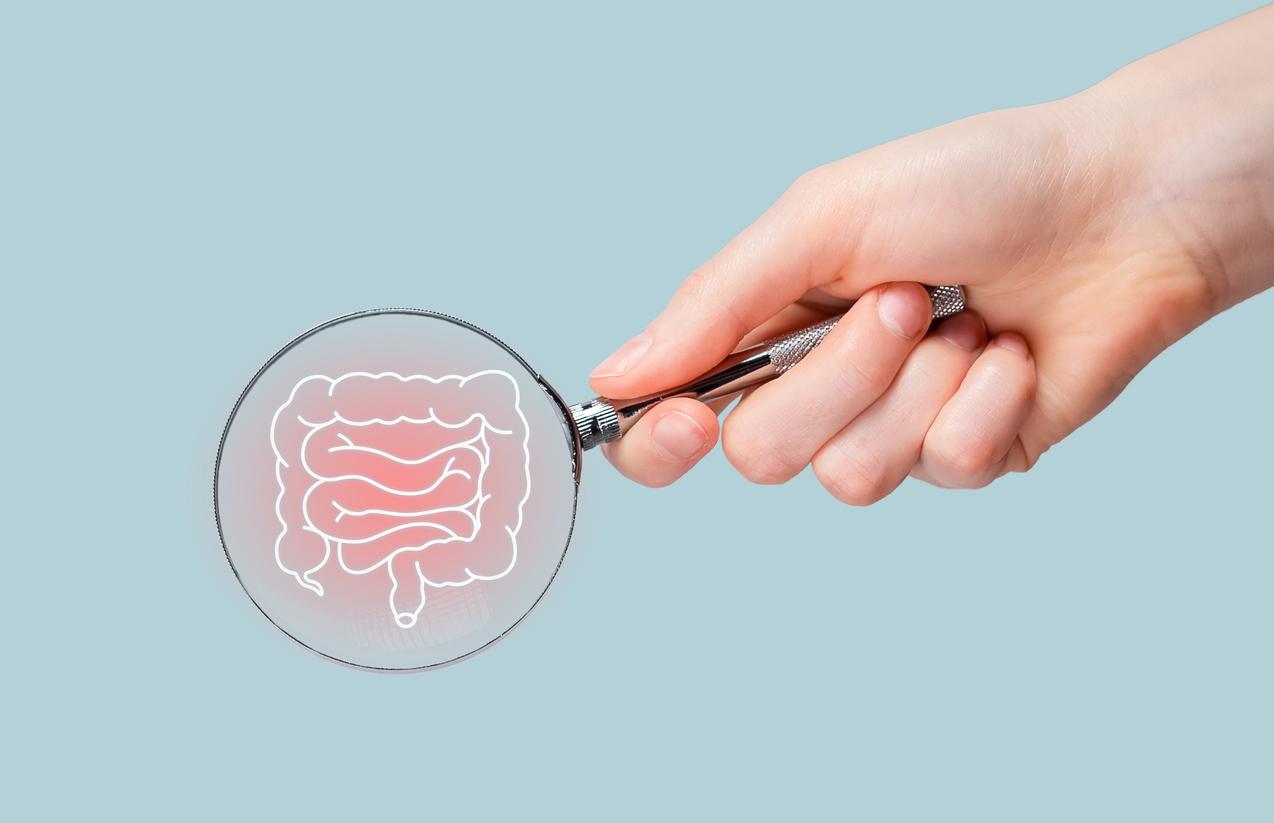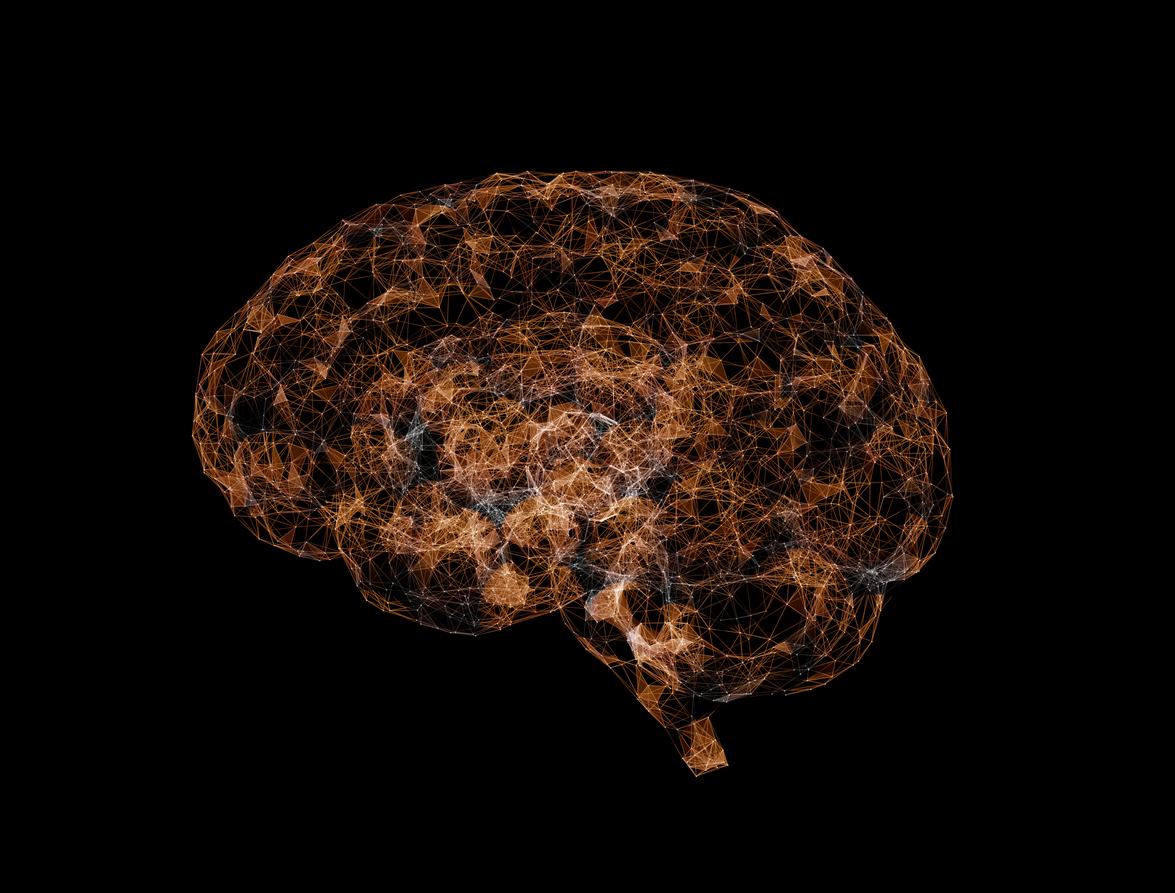Researchers have discovered “molecular switches” that can reactivate the normal functions of colon cancer cells, which could ultimately allow the development of new treatments.

- Researchers have succeeded in transforming cancer cells into normal cells.
- They call this phenomenon cancer reversion which is possible thanks to genetic keys, which the authors call “molecular switches”.
- These “molecular switches” can reactivate the normal functions of cancer cells.
162,400 people died in 2021 from cancer, according to the National Cancer Instituteand this disease is, according to the National Institute of Demographic Studies (INED), the leading cause of death in France. Even though research is progressing, there are still so-called “poor prognosis” cancers, for which the five-year survival rate is low.
Cancer cells become normal
The development of new treatments is therefore a public health issue. Researchers from the institute The Korea Advanced Institute of Science and Technology (KAIST), have just found a new method. They managed to transform cancer cells into normal cells. They call this phenomenon cancer reversion. Their work was published in the journal Advanced Science.
The scientists worked on colon cancer cells. The treatments currently offered to patients with colorectal cancer – chemotherapy or immunotherapy – destroy the cells affected by the disease. Here, researchers have discovered another way to treat this cancer.
To do this, they carried out their work on animals. They thus discovered a technology capable of transforming cancerous cells into normal ones, without destroying them. This cancer reversion is possible thanks to genetic keys – which the authors call “molecular switches” – which can reactivate the normal functions of cancer cells.

A new treatment for colorectal cancer
“The fact that cancer cells can be converted back into normal cells is an astonishing phenomenon, indicates Professor Kwang-Hyun Cho, in a press release. This research introduces the new concept of reversible cancer therapy by transforming cancer cells into normal cells.”
Ultimately, this discovery could enable the development of new anti-cancer therapies, which would no longer destroy diseased cells but would transform them into healthy ones. These new therapies could be given in addition to traditional treatments in the event that, for example, the patient is resistant to chemotherapy or immunotherapy.
Researchers are currently working on colon cancer. But all cancers are different and so they will need to test their new technology on all types. In addition, they must ensure that there are no side effects to cancer reversion… Steps that should take a few years before the development and marketing of new therapies.















